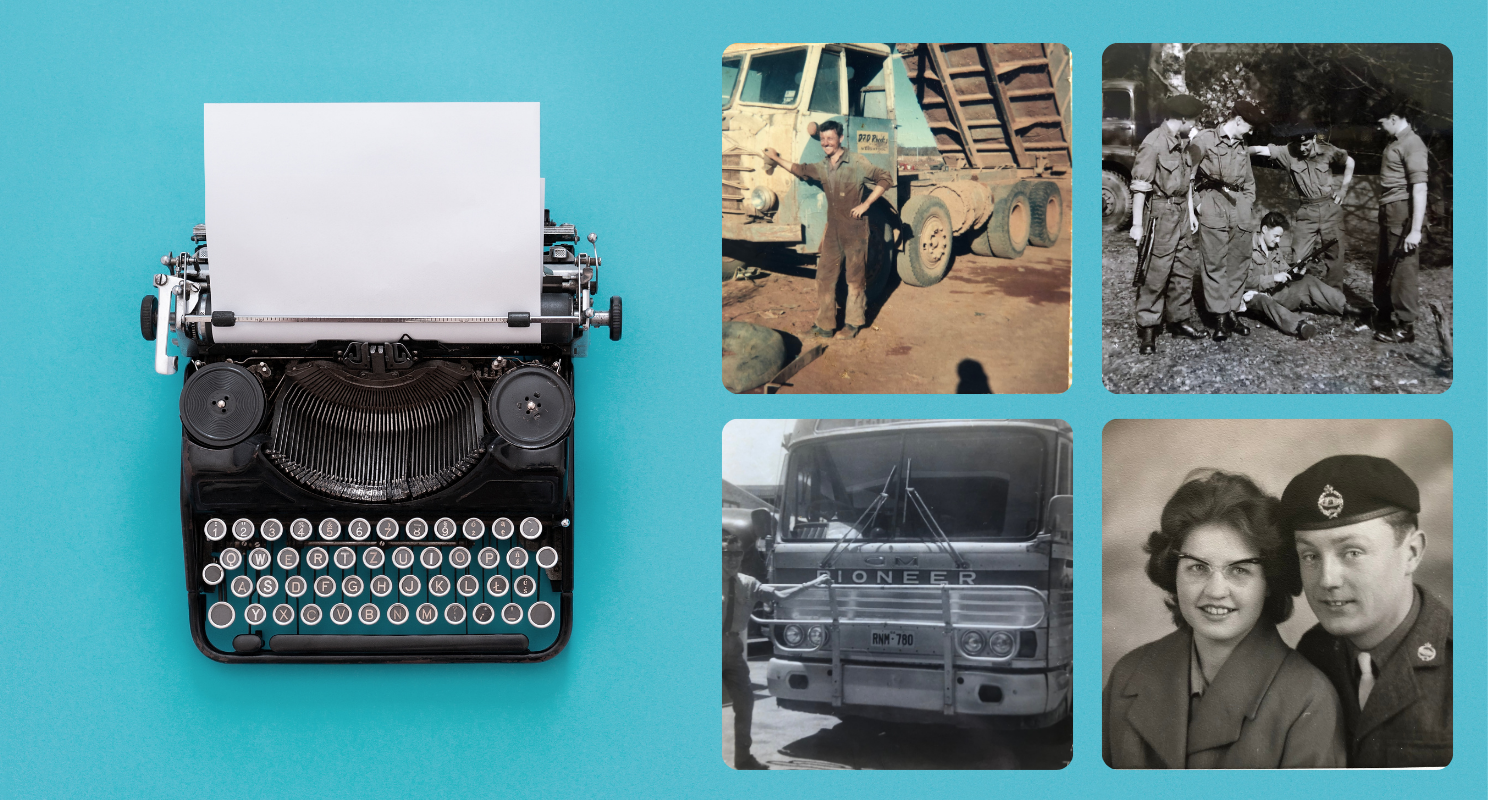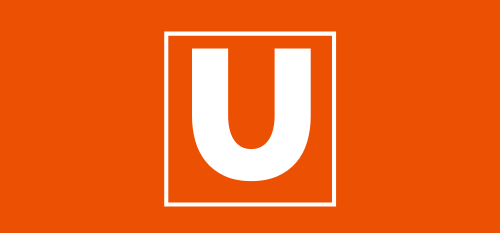
In my Mum’s third article published in the Runcorn Weekly News about life in our new Western Australian home, she takes an in-depth look at employment. To provide some background, in the UK my dad had spent time in the British Army as a tank driver and then as a long-distance lorry driver. In the first few years of our arrival in Perth, Dad drove semi-trailers up north, Pioneer coaches between Perth and Eucla (near the border with South Australia) and MTT buses (the forerunner to Transperth).
My mum was always a keen writer but in the UK she worked in a cable factory, an immunisation laboratory and even picking potatoes on the farm where we lived in a large caravan for a time.
Previous articles have examined our journey to Perth – Flight Across the World (letter 1), and the Cost of Living (letter 2). Letter 3 was published on 17 November 1966, three months after our arrival.
Self-confidence the main asset
In her third letter from Australia, Mrs Christine Lucas, formerly of Runcorn, takes employment “down under” in the State of Western Australia as her subject, and comes to the conclusion that the state motto could be fairly said to be “Work hard – play hard”.
Her letter reads:
“Advertisements in the situations vacant column of the daily paper,” she writes, “cover every type of employment, including labouring jobs, barmaids, hospital matrons, radio operator for the flying doctor service, photographic models, even posts in the government and teaching positions in Canada! Domestic help is very much in demand, at an average of 7/- per hour. Waitresses earn 8/6 an hour. However there are not many jobs for married women. It is only as more migrants arrive with wives that are used to working that more jobs are opening up for married women. In the past week another baby-minding centre has opened up, and another is advertised as starting in December, as the idea of working wives and mothers is catching on.
Wages
“The State basic wage for 40 hours is £16 15s for men and £12 11s 3d for women from 24th October 1966. There are also ‘margins’, this is an amount varying with the amount of skill involved in the work, which is paid along with the State basic. These two amounts together form the basic wage for each particular skilled job. The basic pay for a motor mechanic is £24 3s 11d for 40 hours; for a bus driver it is £22 12s 5d. A ladies’ hairdresser generally earns between £17 and £20 a week, a draughtsman £37, and the railway workers are as poorly paid as in England (averaging, with penalties, £20).
Employment advertisements
“Bricklayers and carpenters are advertised for every day, I think anyone with a trade training could probably get on alright here, but tradesmen must sit for a written examination here to gain their Australian qualifications before being able to get a decent job. Examinations are held regularly and good British tradesmen usually have little difficulty. However, we have heard of cases where it has not all been plain sailing, so it may be necessary to swot up on the theory side before leaving for Australia.
“Self-confidence is about one’s biggest asset here, the Australians are a confident nation and expect it in others. For every job there are many replies and obviously the one who puts himself over best gets the job.
Have a trade?
“In most trades you need your own tools. Butchers have a metal pouch on their belts which holds all their own knives, etc; truck drivers often need to buy their own overalls and ropes. Bricklayers can earn £7 a day, but usually need to have their own gear, and this might even include the cement mixer!
“The need to take examinations and the fact that you have to equip yourself for work were two of the biggest points we noticed were covered least in the migration literature.
Head up north for the big money
“If you fancy big money, the north-west is the place. Here you can earn £40 – £110 a week, but, as you can imagine you have to sweat for it – literally, often in temperatures up to 120 degrees. Also many jobs are seasonal. Driving on unmade roads in the monsoon season is impossible, and a lot of the road and rail building and the mining is abandoned for a time. The men then come back to the city causing a surplus of labour. Labourers ‘up north’ often clear £40 a week, and if they stay at the job for a period of six months they can claim all their tax back at the end of the financial year, which begins in July here. Tax in the city is slightly less than in the UK, doctors bills, union dues, gifts to charity, etc, are all claimed for at the end of the year, thus most people have an annual rebate.
Crayfishermen and roo shooters
“Those earning the most money are probably the crayfishers and the kangaroo shooters. ‘Roo’ shooters work at night, going out with big lights on their trucks to spot the kangaroos, which usually hide in the daylight. There is a big demand for the skins which are used to make souvenirs – purses, tea-cosies, rugs and soft toys.
“I hear the meat is exported as a delicacy, eaten here, or more usually, made into pet food along with rabbit meat. Kangaroo shooters earn over £100 per week but I don’t know if a ‘New Australian’ (as they like to call us) would be able to get a job like this very easily. I have seen adverts for deckhands and experienced crayfishermen. These men, most of whom own their own boats, earn hundreds each week, but they work hard and long hours and again it is only seasonal work.
Getting a driver’s licence
“To get an Australian driving licence (providing that you hold a current British licence) you have to take a written test at a police traffic office. This is often nicknamed “The Police State” because the police seem to do most things. The written test and the necessary eyesight test cost £2; the actual licence costs 30/- (yearly), is issued on the spot if the test is passed. A wagon driver needs to furnish proof of what he has driven, and also to take a further test on the laws covering truck driving here. There is a leaflet which gives you all the answers, you just study it overnight. However, an actual driving test must be taken for a licence to drive articulated vehicles (called semi-trailers here), buses and taxis.
“Again the police do the tests for these. An extra written test is required to get a bus driver’s licence. For anyone wishing to make driving their occupation out here all these tests make the first couple of weeks pretty expensive.
Work hard, play hard
“Some jobs do have overtime but in general the Australians like to just work the 40 hours. In that time though they, and consequently the New Australians, all work very hard, so anyone looking for an easy life would have a long way to look here. The motor industry has a 7-minute tea break in a morning and none in the afternoon. The motto of the West Australian can be pretty well fairly said to be ‘Work hard – play hard’ – for this they do.
Perth Life in 1966 – Check out the other articles in this series:
Letter 1 – Flight Across the World
Letter 2 – Cost of Living
Letter 4 – Housing
Letter 5 – Beaches

